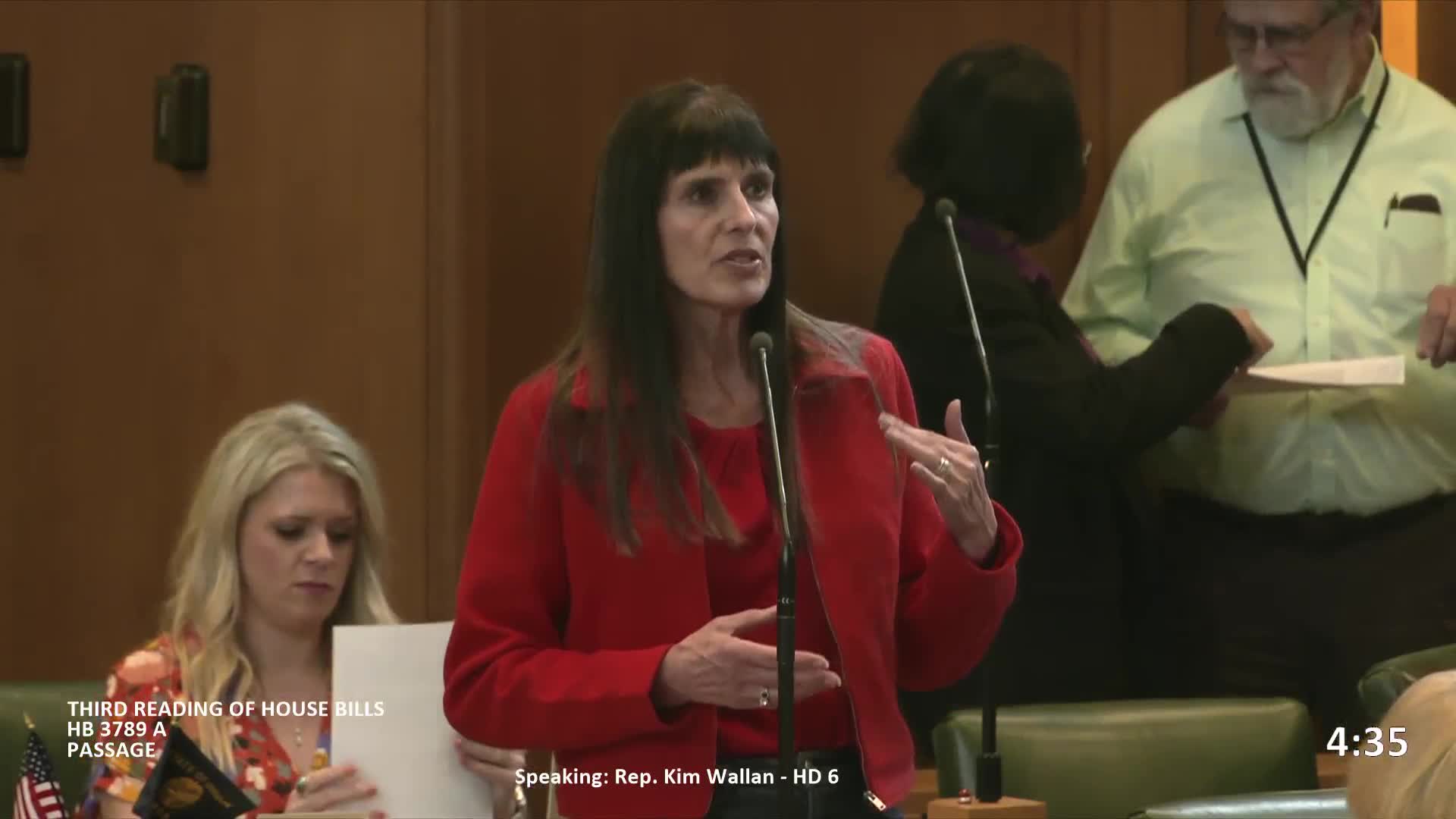Article not found
This article is no longer available. But don't worry—we've gathered other articles that discuss the same topic.
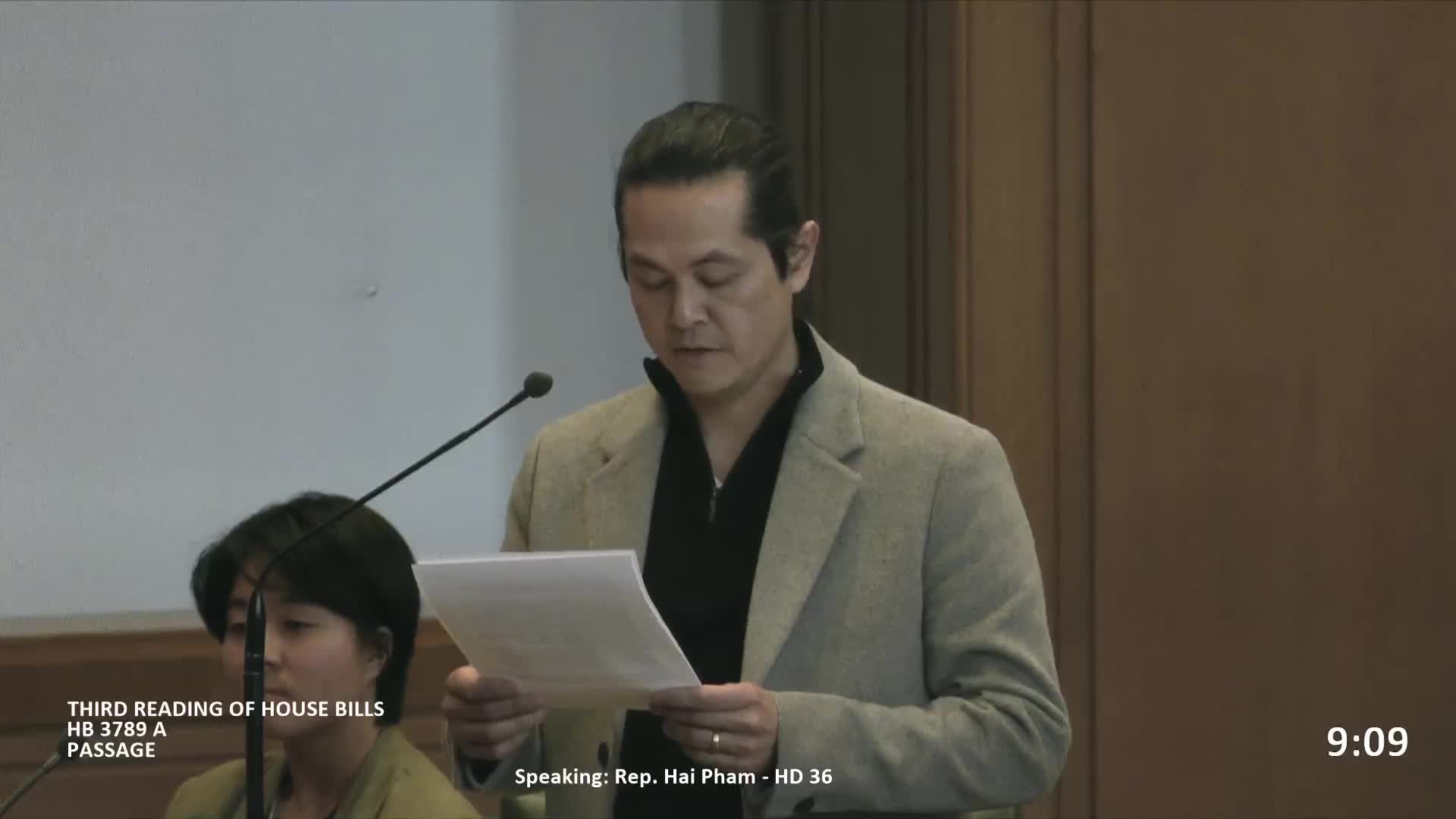
House passes contested bill creating civil cause of action for false impersonation of union representatives
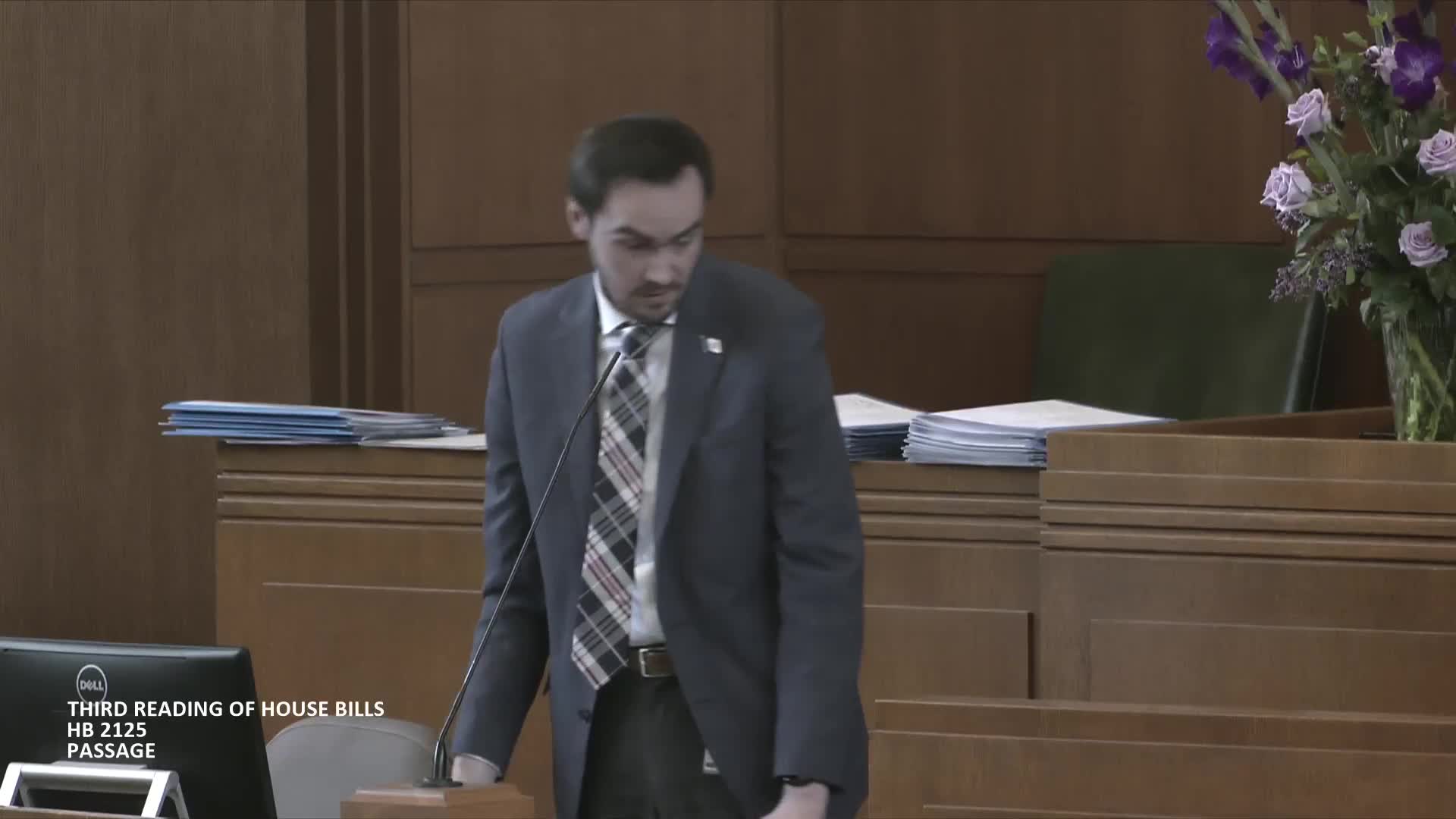
Oregon House approves bill letting employment director waive unemployment—waiting week during declared severe-weather emergencies
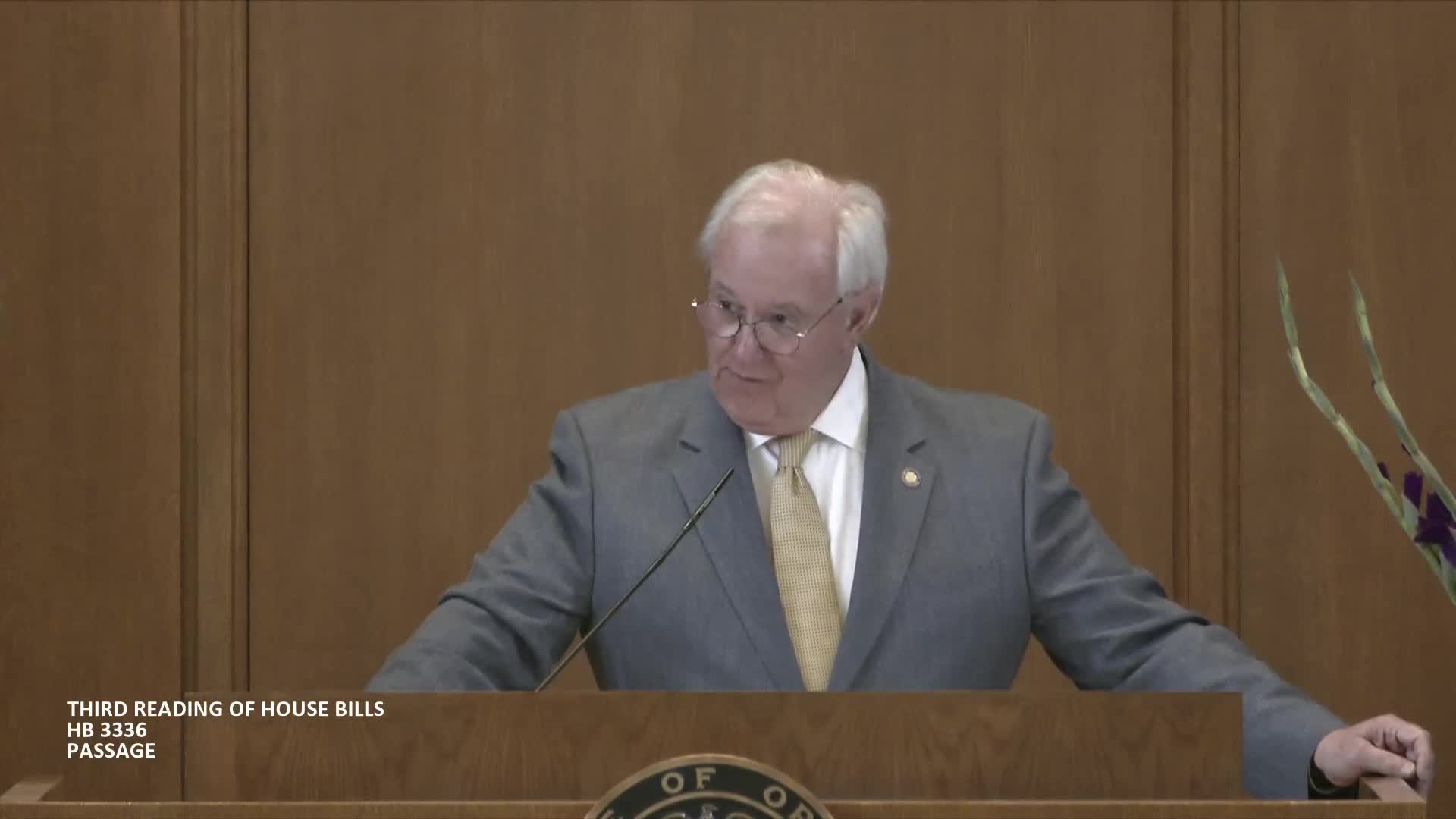
House passes bill requiring utilities to evaluate grid-enhancing technologies in transmission plans
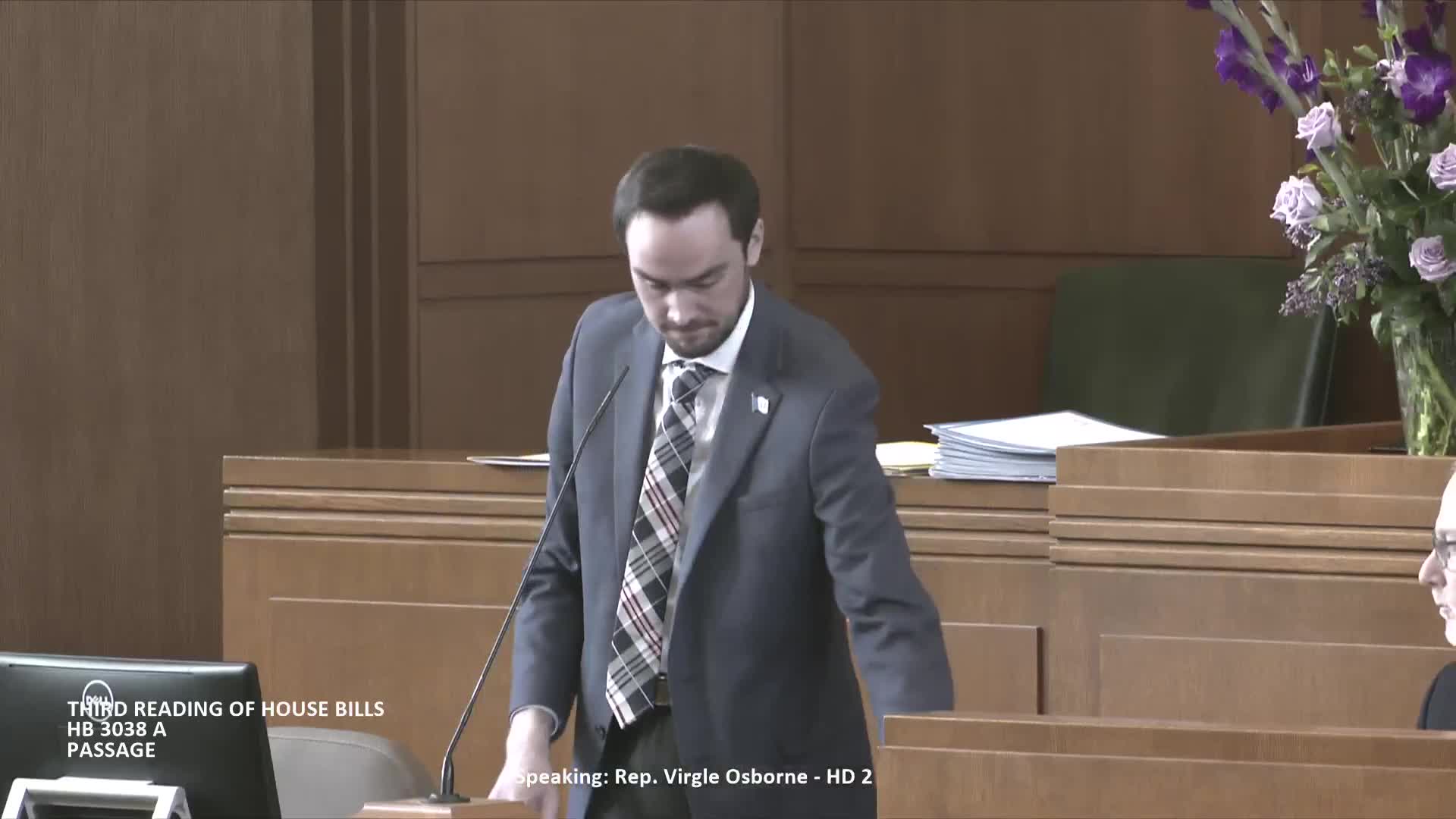
House passes omnibus education bill; some lawmakers oppose language on demographic diversity
